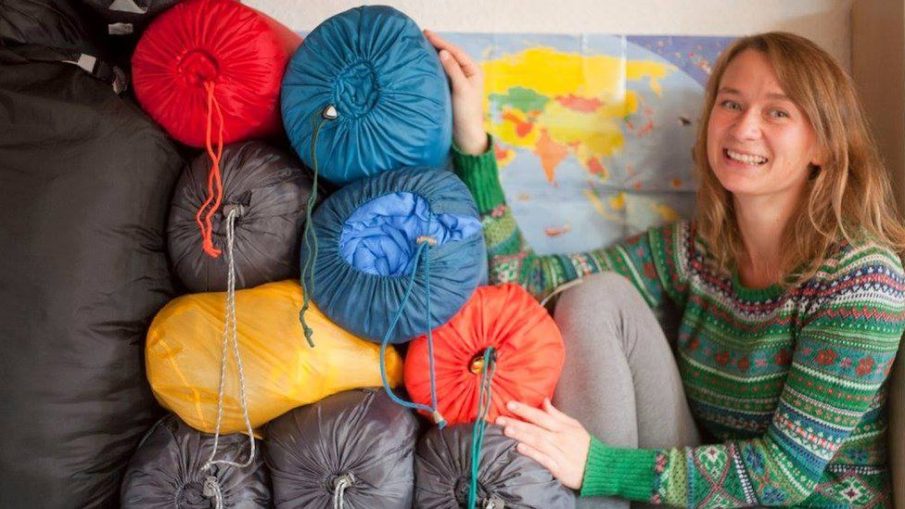“People like me think that if five or ten thousand people are marching and getting everyone’s attention, then it’s impossible that they would bomb you. I think if it really happened and they bombed a peaceful march, then this world is worth nothing,” Anna Alboth said. “People like me in safe countries can’t take it anymore, and we see this as a chance to transform things.”
Ms. Alboth is in for a painful dose of reality, unless of course the civil march on Aleppo is nothing more than another publicity stunt aimed at raising “awareness” or some other 21st-century sentimentalism. Hoping to gather up to 5,000 people for the march, Alboth plans to lead them from Germany to Syria by traveling overland on foot following the same path that Syrian refugees take to Europe. Somehow, she intends for the march to end the war in Aleppo.
Sadly, Alboth is likely to learn that, in her own words, “this world is worth nothing.” Peace and love are morally popular views to express, but actually putting them to use in war zones is somewhat more complicated.
Alboth reminds one of an Italian performance artist named Pippa Bacca, who teamed up with another artist and hatched a plan to hitchhike through Italy, Turkey, Syria, and ultimately to Israel, wearing designer wedding dresses made by an Italian fashion company. Along the way they would meet strangers, have people sew designs in their dresses, wash the feet of midwives, and finally, stage a ceremony in Tel Aviv which would see the two artists wash their wedding dresses to cleanse them of war.
The intent was to spread a message of peace and social harmony.
Their plan was cut short just a few days into their journey. Hitchhiking alone through Turkey, Bacca was picked up by a Turkish man near a village called Gezbe. Bacca’s naked body was found dumped on the side of the road after she had been raped and strangled to death.
Perhaps in a different world, people like Bacca and Alboth would stand a chance at delivering their message, but given the reality we face today, their actions are not only blissfully naive, but maybe even criminally reckless. When activists run around war zones to express solidarity (whatever that means) with the local people and get kidnapped, it then falls to their government to try to recover them.
Intelligence assets are mobilized, ransoms are paid, and sometimes counterterrorism forces are placed in harm’s way, all to rescue a dimwitted international do-gooder who should have just hung out in a hippy commune instead of going to the Middle East.
One of the interesting things about war is that it truly does not care what you think about it. The universe is not even aware of your existence, and will not notice you passing through and getting killed. Rather than spreading awareness (whatever that is) about the war in Aleppo, Alboth should stay home and focus on things that she can change in her own community.
Featured image courtesy of BBC
Already have an account? Sign In
Two ways to continue to read this article.
Subscribe
$1.99
every 4 weeks
- Unlimited access to all articles
- Support independent journalism
- Ad-free reading experience
Subscribe Now
Recurring Monthly. Cancel Anytime.











COMMENTS